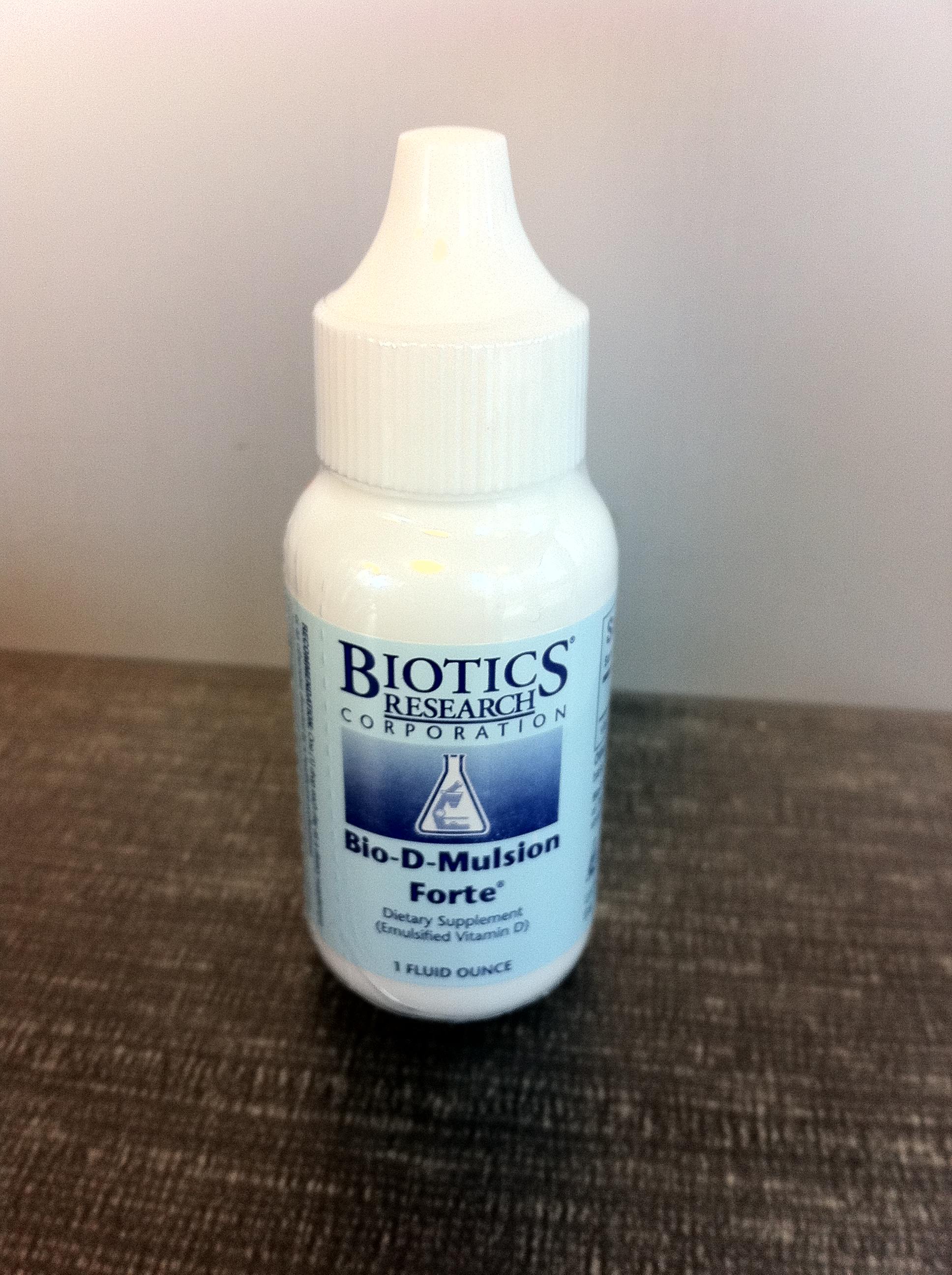
Diabetes has been a significant issue for many Americans over the past few decades. With the trends of poor nutrition and a lack of exercise, diabetes is poised to continue to be a major problem well into the future. New research, however, suggests that vitamin D could decrease your risk of developing diabetes as an adult.
An article published in the Journal of Epidemiology supports the notion that type 1 diabetes, also known as juvenile diabetes, may be combated through increased use of vitamin D on a regular basis (1,000-4,000 IU/day). More and more, physicians are having to treat patients developing type 1 later in life. In fact, the report states that 60 percent of type 1 diagnosis occurs in people over the age of 20.
Researchers at the Harvard School of Public Health studied and compared two groups for diabetes risks. One group featured 310 active military members while the other contained 613 control group participants. The study lasted from 1997 – 2009 and specifically wanted to note the vitamin D levels. According to the results, those non-Hispanic Caucasians with higher levels of Vitamin D had a 44 percent lower risk of type 1 diabetes than those with lower levels. In addition, those with higher levels placed in the lower one-fifth risk category of all participants.
Researchers were quoted as saying, “The risk of type 1 diabetes appears to be increased even at vitamin D levels that are commonly regarded as normal, suggesting that a substantial proportion of the population could benefit from increased vitamin D intake. It is surprising that a serious disease such as type 1 diabetes could perhaps be prevented by a simple and safe intervention.”
This study does tend to support other studies suggesting the overall benefits of vitamin D. Vitamin D can be acquired either through food sources or supplements, but we always caution you to talk to your personal physician before starting any new supplement. The majority of Americans are estimated to be Vitamin D deficient due to improper daily intake standards, lack of Vitamin D in the diet, and our ill-advised fear of natural sunlight (exposure to the sun stimulates our body’s ability to make Vitamin D). Especially since Fall has officially arrived, we recommend that most people in Portland supplement with Vitamin D during the October through April months. In terms of supplements, if you have questions, we can help provide you with safe, high-quality, and ideal choices to ensure you are indeed reaching your optimal Vitamin D levels.
Our top five food sources are:
– Fatty Fish such as Salmon
– Fortified, Whole Grain Cereals
– Fish Liver Oils such as Cod Fortified
– Low-Fat Yogurt
– Fortified Dairy and Soy Products